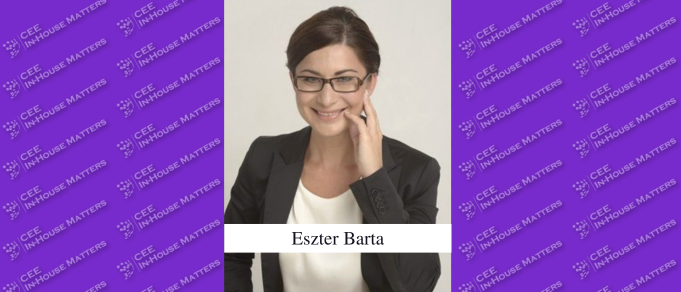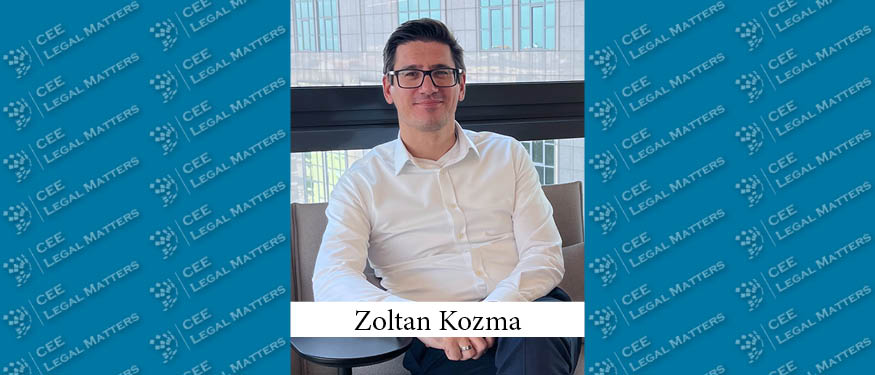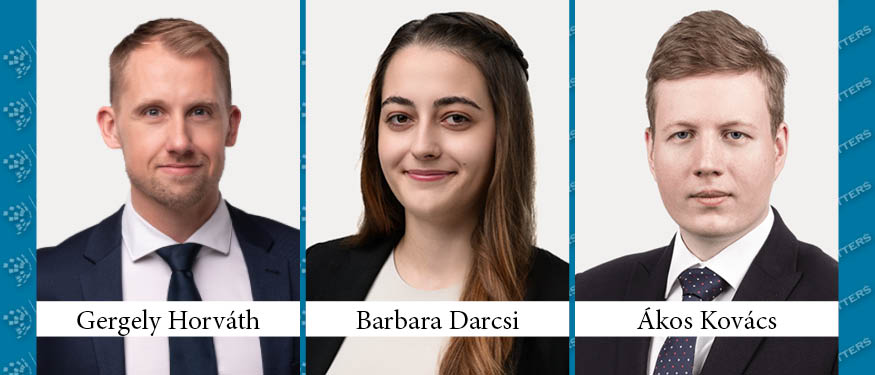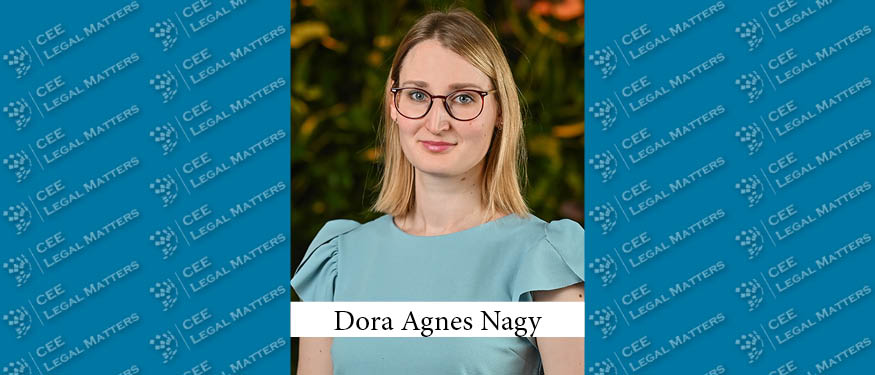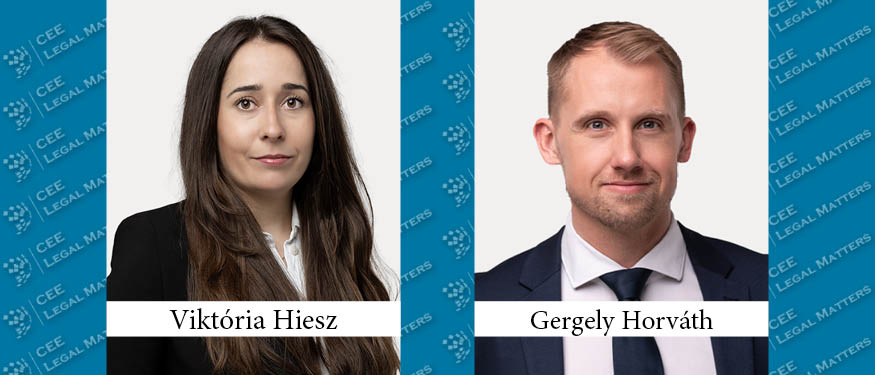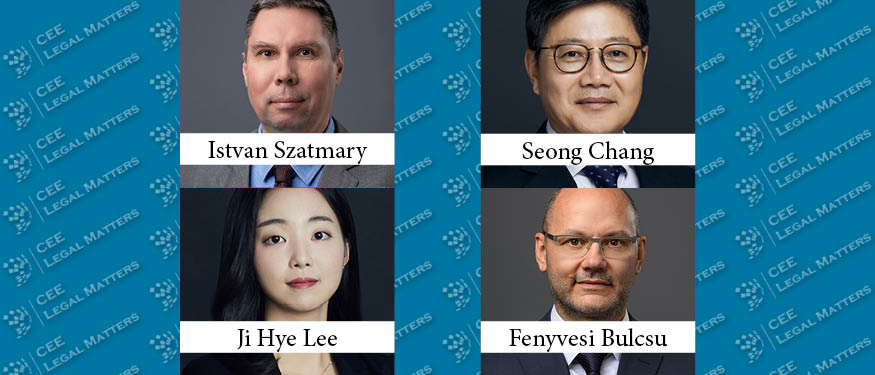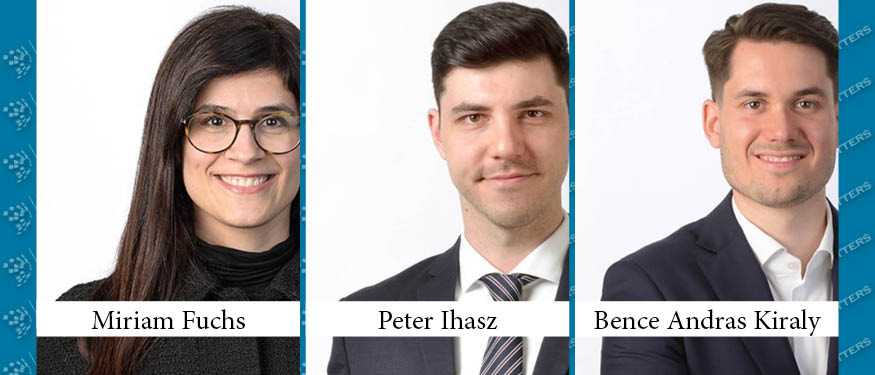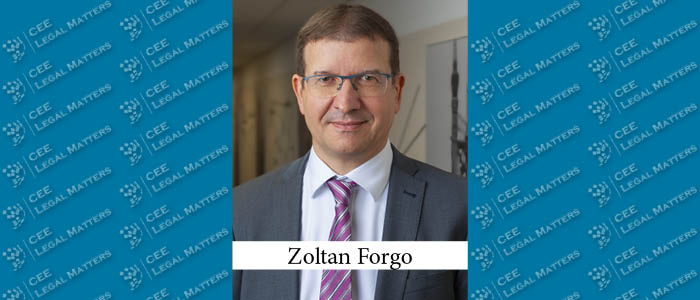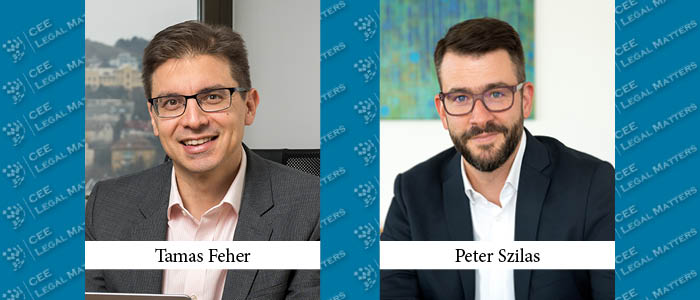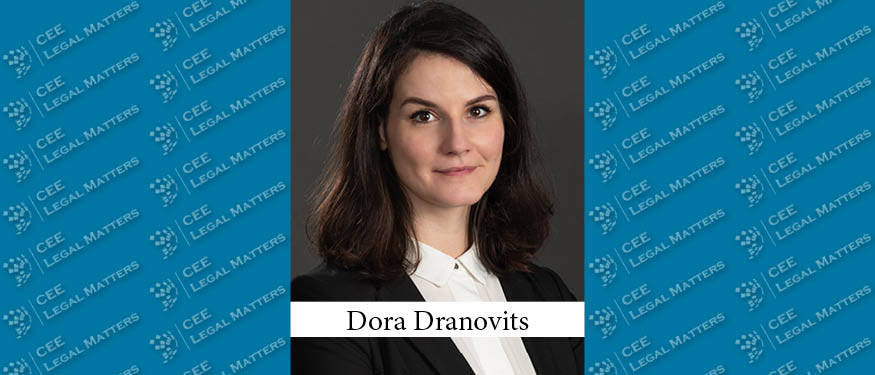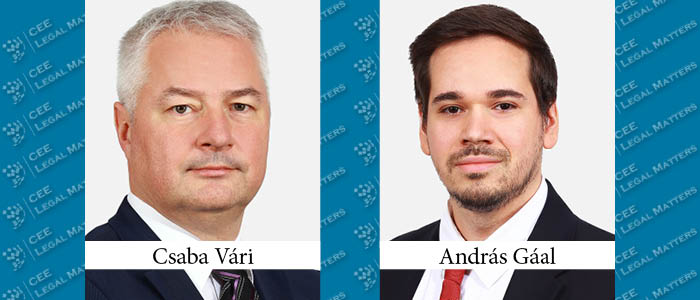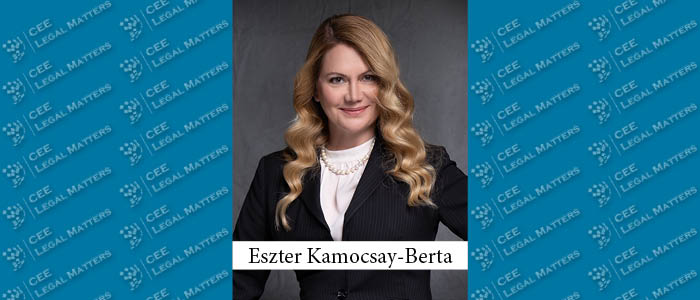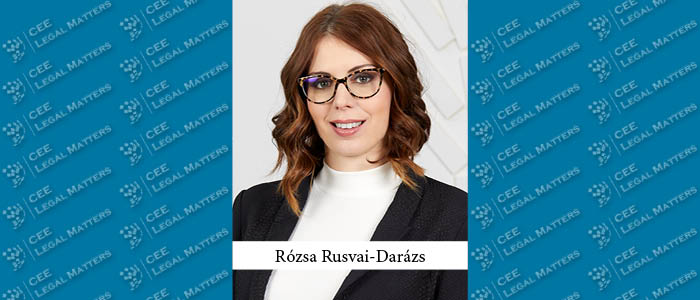In its recent decision of 19 February 2025, the Supreme Court of Hungary (‘Curia’) overturned the second-degree verdict that held fraud victims solely liable and ruled that financial institutions cannot automatically reject compensation claims. This landmark decision might open the doors for customers to claims against their banks in similar cases.
Eszter Barta Becomes Group Legal Director at PPF
Partner in Pet Food Legal Counsel Eszter Barta has become the firm's new Group Legal Director.
Digital's the Name of the Game in Hungary: A Buzz Interview with Zoltan Kozma of DLA Piper
Hungary’s legal and business landscape is undergoing significant transformation, driven by a steady increase in M&A activity, rapid digitalization, and evolving regulatory frameworks, according to DLA Piper Hungary Partner and Head of Intellectual Property and Technology Zoltan Kozma.
Hungary: Understanding the EU AI Act in Practice
10+1 Questions and Answers for Hungarian Companies.
Wolf Theiss Advises Uniper on Photovoltaic Projects in Hungary
Wolf Theiss has advised Uniper on the implementation of photovoltaic projects in Hungary that will jointly deliver 151 megawatt-peak of renewable energy.
How to Employ Employees Abroad?
Connecting a holiday in Tenerife with remote work? Sending an employee to China for three months? While ten years ago, these questions were considered unique, today, international mobility has become an everyday part of employment relationships.
Kinstellar Advises MVM Group on CCGT Power Plant Development
Kinstellar has advised the MVM Group on developing a 500-megawatt combined-cycle gas turbine power plant at the Matra Power Plant in North-East Hungary.
Hungary to Open Doors for New Power Plant Projects as New Capacity Allocation System Takes Shape
Let's start with the fundamentals: Hungary will need significant additional power plant and battery capacities, and it will need them soon. This necessity persists despite the gross amount of solar power capacity reaching 7.5 GW by the end of 2024, a target initially set for the 2030s. The drive for electrification, the goal to reduce energy imports, the high average age of the existing generator portfolio and the previous focus on solar energy necessitate at least 10 GW of new generation capacities, with a preference for baseload generation and/or storage solutions. The state-owned incumbent MVM is already developing 3x500 MW new combined cycle gas turbine (CCGT) installations and 2x1000 MW new nuclear blocks, but significant private investment is still required.
Oppenheim and Jipyong: Exploring Synergies
Oppenheim and Jipyong have joined forces to launch a dedicated Korean desk in Hungary. With Korea now ranking as Hungary’s third-largest investor and government initiatives driving opportunities in manufacturing and trade, Partners Istvan Szatmary, Jozsef Bulcsu Fenyvesi, Seong Chang, and Ji Hye Lee explore how the partnership aims to bridge cultural and regulatory gaps and enhance regional engagement.
Hungary’s Consumer Protection Priorities for 2025
2024 brought with it several important changes to Hungarian consumer protection regulations, most notably the changes to mandatory warranty rights. The Hungarian Consumer Protection Authority (“HCPA“) is also devoting significant effort into enforcing these rights in 2025.
An Outlook on 2025: M&A in Hungary
Forgo, Damjanovic & Partners Partner Zoltan Forgo talks about M&A in Hungary in 2025.
An Outlook on 2025: Dispute Resolution in Hungary
Jalsovszky Partner Tamas Feher and Managing Associate Peter Szilas talk about dispute resolution in Hungary in 2025.
An Outlook on 2025: ESG in Hungary
DLA Piper Hungary Senior Associate and ESG Practice Coordinator Dora Dranovits talks about ESG in Hungary in 2025.
The Corner Office: Off The Partnership Track
In The Corner Office, we ask Managing Partners at law firms across Central and Eastern Europe about their backgrounds, strategies, and responsibilities. This time around we asked: If you have a formal partnership track, how do you handle lawyers on it who do NOT end up living up to the requirements to make a Partner?
Hungary: Cybersecurity Laws – The Saga Continues
Hungary was one of the quickest in the EU to begin implementing Directive (EU) 2022/2555 (NIS2) and one of those few EU member states that met the deadline for implementation. Nevertheless, the Hungarian NIS2 implementation is still incomplete, and the current implementing laws have caused some practical and interpretational issues for various companies.
Changes in Hungary’s Regulation of Solar Power Plants
A new proposal could eliminate the requirement for remote control regulation in solar power plants with a capacity of less than 5 megawatts (MW).
GDPR Fines and Data Breach Trends in the CEE Region
The latest DLA Piper GDPR Fines and Data Breach Survey provides a comprehensive overview of data protection enforcement trends across Europe, including the Central and Eastern European (CEE) region. CEE countries are in the mid-range in terms of total GDPR fines imposed since the regulation became applicable in 2018 and for last year, but enforcement activity is steadily increasing. Here are the latest trends and legal developments in Austria, the Czech Republic, Hungary, Poland, Romania, and Slovakia.
The Dual Obligation of EPR and Environmental Product Charge Has Been Abolished, EPR Penalty Rates Have Been Introduced
Following the year-end legislative news, several changes affecting so-called "green taxes" came into force at the beginning of 2025. The most significant of these is the effective abolition of the dual obligations of the Extended Producer Responsibility (EPR) and the Environmental Product Charges (EPC), except for plastic carrier bags, and the introduction of the EPR penalty rates that have been expected since the introduction of the EPR. At the same time, there are also many changes to the EPR rules.


